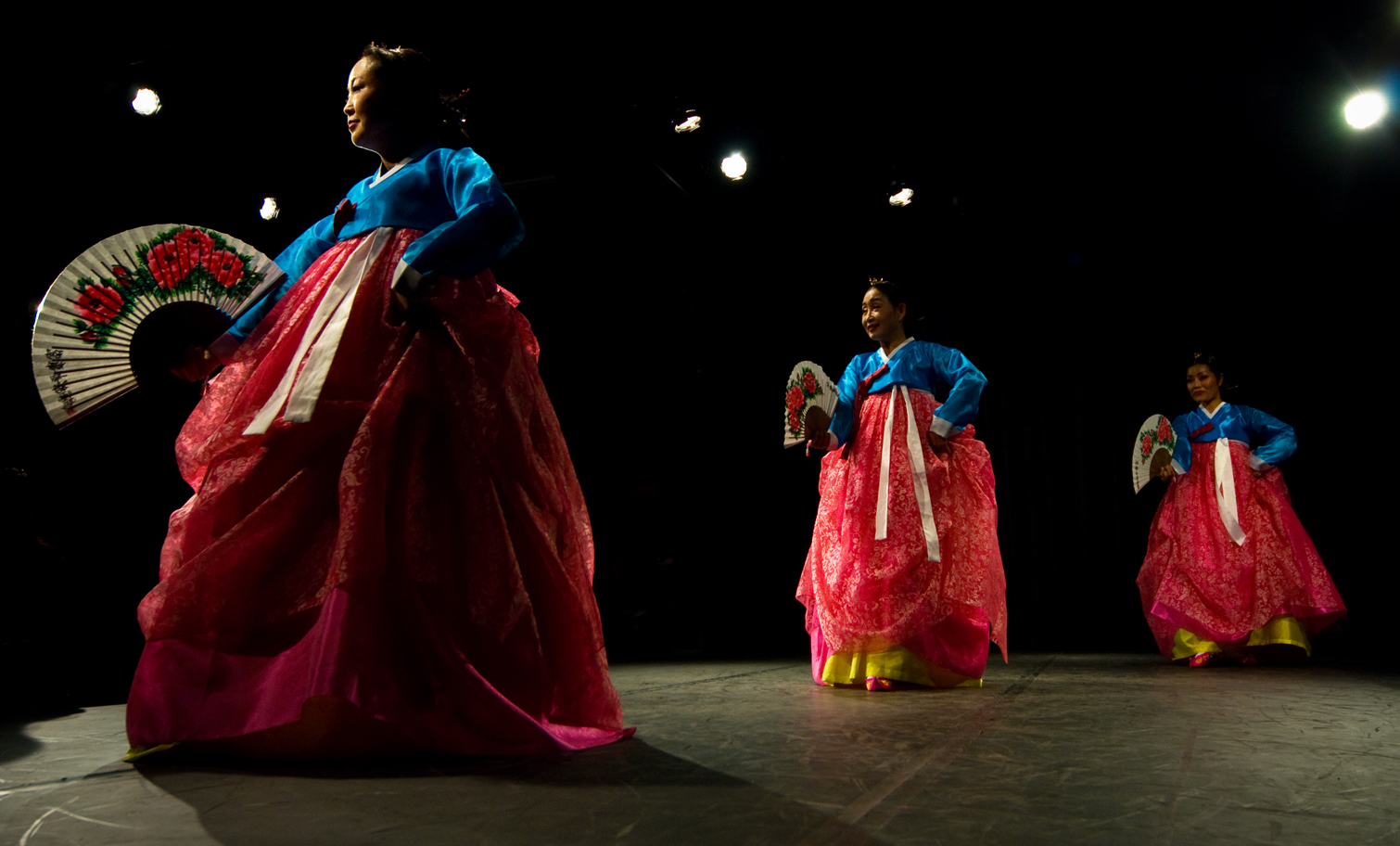From hip-hop to more traditional varieties, Korean music has blended both history and modern day styles to allow for experimentation while preserving history. On Wednesday, the ninth annual Korean Music Symposium will feature academic speakers as well as live performances to showcase the ever-meshing styles of Korean music and dance.
The program is geared toward not only those of Korean descent or background, but also toward those who are interested in expanding their knowledge of music in general.
“A lot of students, even Koreans, are prejudiced and say Korean music is just boring, but once they attend this, they change their attitudes totally,” said Dong Suk Kim, professor of ethnomusicology, and director of the symposium. “Some people just only eat hamburger, hamburger, hamburger, but they don’t know what other food is good unless they taste it. It’s the same thing with music, you have to attend to see first how things are different.”
Although it may seem like those who are unfamiliar with Korean culture have the most to gain from attending the symposium, people with Korean ancestry can also learn a lot by going.
Hyun Kyong Chang, a graduate student of musicology, will be doing a presentation about Korean hip-hop and how American traditions have influenced the style.
“The thing about Korean culture is that it’s so dynamic ““ it’s been changing so much so that there’s trouble just defining what Korean music is. Most people in Korea don’t even listen to traditional Korean music and it’s a culture that has been neglected for a long time, and just in the last decade is gaining more of a revival,” Chang said.
Part of the reason many Koreans and Korean Americans are not familiar with the music is because Japan’s colonization of Korea disrupted the flow of the musical traditions and practices.
“(The colonization) created a real barrier to transmission between the pre-colonial era and … the post-colonial era. During Japanese colonization, most of the traditional forms were repressed or even outlawed, and everybody was supposed to learn to act as if they were Japanese,” said CedarBough Saeji, a graduate student in world arts and culture. Saeji will be giving a presentation on Korean masked dance traditions.
But the disruption has also had some positive effects ““ it has allowed for more blending to go on not only within Korean music genres, but also with the music of other nationalities as well.
“I actually come from a more sociological and anthropological background, so I like talking about how people define their culture through their use of music,” Chang said. “For example, how Korean music actively invents new types of music that combines Korean elements, pop elements, and how they dynamically create a new culture.”
According to Kim, UCLA is the only place outside Korea to host such an event.
“I would say that this is like a treasure. You have mines, treasure mines that you dig up to enrich your lifestyle,” Kim said. “It is an important thing to maintain, especially in our school, and it’s the best school in the whole world to (learn) ethnomusicology. You don’t have to go to different countries ““ you can stay here and take classes on not only Korean music but (other countries as well), and the best performers and players are teachers here.”
Using the tools UCLA provides, the symposium contextualizes the Korean music and dance cultures in relation to the rest of the world.
“Through Professor Kim people have the unique opportunity to actually learn something about traditional culture that is, to a certain extent, dying out in Korea. The music’s not a popular form,” Saeji said. “It’s a very important connection with people to their roots through having Professor Kim here, especially with an opportunity like the symposium where they can hear experts talk about the musical forms and then actually see some of the top performers in Korea on stage in the evening.”
